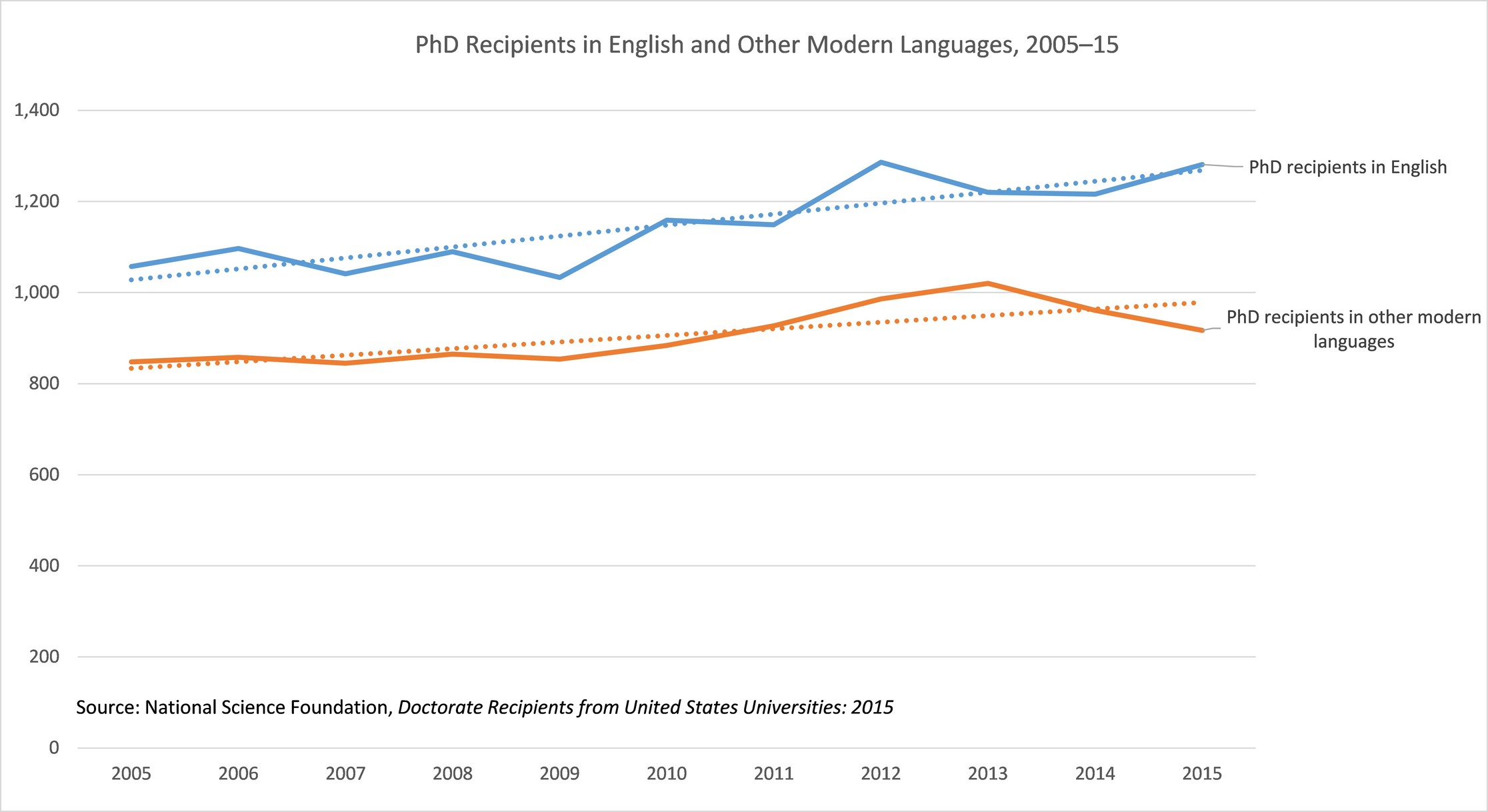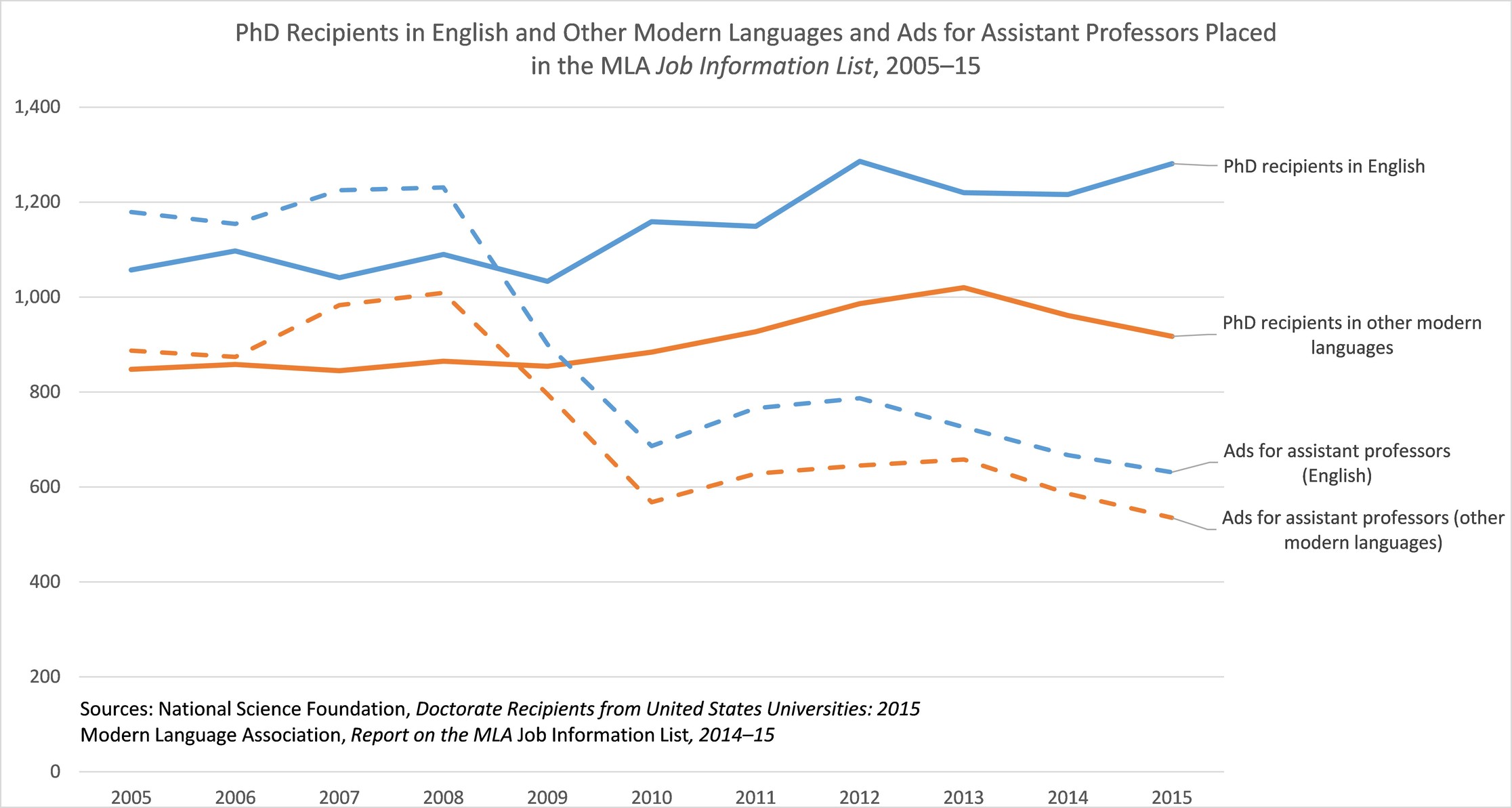Education is the key to economic growth. Knowledge acts as the platform on which our generation is built. With the growing advancement of technology and the increasing thirst for knowledge, it can be noted that more and more people these days tend to take the other end of the crossroad and delve into research based professions.
These professions stem out of doctorates earned in a specific field. The demand for a candidate holding a Ph.D. in a certain field certainly gives that individual a better edge than someone who has completed his or her education up to the Master's level, as more and more companies these days are looking for professionals who can go that extra mile by delving into thorough research. Since developing something new always requires the kind of expertise common in doctorates, having a Ph.D. today is a great way to make it to the top.
The modern era has witnessed major developments in almost every sphere of life, be it in medicine, technology, engineering, sports, etc. Much of these developments have had their start from small ideas that have incrementally been improved upon. For example, the development of a new drug starts in research laboratories where candidates are tested on bacteria, followed by mice and then clinical trials on humans. The majority of this work at a research level is performed by highly skilled individuals specialized in a particular niche, in other words Ph.D.?s. Getting this degree involves an undying commitment to a particular field of study that is constantly tested by low wages, long hours, negative results and several other sacrifices that most of us take for granted. However, of late there has been a tremendous spike in the number of individuals who possess such a degree. When examined closely this appears due to a change in the educational system the world over that recognizes degrees on paper rather than actual contributions to science and development. As a result, having a Ph.D. is more of a status symbol that guarantees high salaries and positions (post Ph.D.). This demand has driven universities and institutes to devise programs that allow people to obtain Ph.D's in the same way as a Masters degree and this has had an adverse effect on science and technology as a whole.
A recent survey by The National Science Foundation shows data tables for the 2015 Survey of Earned Doctorates (SED), the federal government's annual census of new graduates from the nation's research doctoral programs. In the academic year 2014-15, modern language programs awarded degrees to 1,281 doctorate recipients in English and to 823 in modern languages other than English. The 1,281 graduates from English doctoral programs come close to the recent high of 1,286, reached in 2012. While the 823 graduates from doctoral programs in other modern languages is substantially below the recent high of 919 reached in 2013, there has been an upward trend in the production of PhDs in both English and other modern languages over the eleven-year period 2005-15.

Figure 2 shows the SED counts for PhD recipients in English and other modern languages from 2005 to 2015 against the trend lines for ads for full-time assistant professors in the MLA Job Information List over the same years. Over the six years between 2010-15, PhD production in English has averaged 14.6% higher than the average for the previous five years, 2005-09, while ads for assistant professors have averaged 37.6% fewer. In other modern languages, the number of doctorate recipients averaged 11.1% higher over the six years 2010-15, while ads for assistant professors averaged 33.7% fewer.

When it comes to the actual worth of a Ph.D., it all depends on one's own judgment. The economic value varies from field to field. If an individual specializes in a high demand, low supply research area, such as high performance computer architecture or compilers, you can be highly compensated in that industry, and it may be the only reliable way to reach leadership positions. For example, if one happens to pursue a Ph.D. in architecture or compilers, one is reckoned to work on some revolutionary idea that would ultimately be software or a hardware project. They provide a breadth of experience as well as depth: one has to understand the entire system and the interactions between components of the system. That kind of experience, particularly in the hardware world, has become much more difficult to acquire with a BS, as you usually won?t get the right kind of projects and exposure. The PhD might not be a necessity, but it?ll give you a far better chance at achieving your goal.
According to an OECD report, the US has at least twice as many Ph.D. graduates as Germany, its nearest rival. In 2014, 67,449 people graduated with a PhD in the US, compared with 28,147 in Germany. Next in line is the United Kingdom, which just pips India into third place with 25,020 PhD graduates. India had 24,300. Although fifth on the list, Japan only has a quarter of the Ph.D. graduates that the US has, with 16,039. In sixth and seventh place, France and South Korea have 13,729 and 12,931 respectively. Spain and Italy, in eighth and ninth, have a similar number, 10,889 and 10,678 respectively. Australia is in 10th place with 8,400. It is worth bearing in mind that if we looked at the numbers per head of the population, the top of the table might look rather different.
Degrees granted for Ph.D. programs through distance will however not be further recognized by the United Grants Commission (UGC), as the circular states that only full-time and part-time programs will be treated as degrees. Having said so, one should also keep in mind that having a Ph.D. is not the end of one's academic career. To be able to own a degree and still continue developing on soft skills in order to improvise, day in and out, is what will finally reflect on one's resume in order for that individual to stand out of the crowd. Research by Bernard Casey shows that while Ph.D. graduates earn 26 per cent more than those who don?t go to university, they only earn 3 per cent more than Master's degree holders. As the number of new Ph.Ds rises, the percentage of people earning a doctorate without a job waiting for them is up. While all disciplines face the problem, some have particularly high debt levels.





Leave your comments
Post comment as a guest